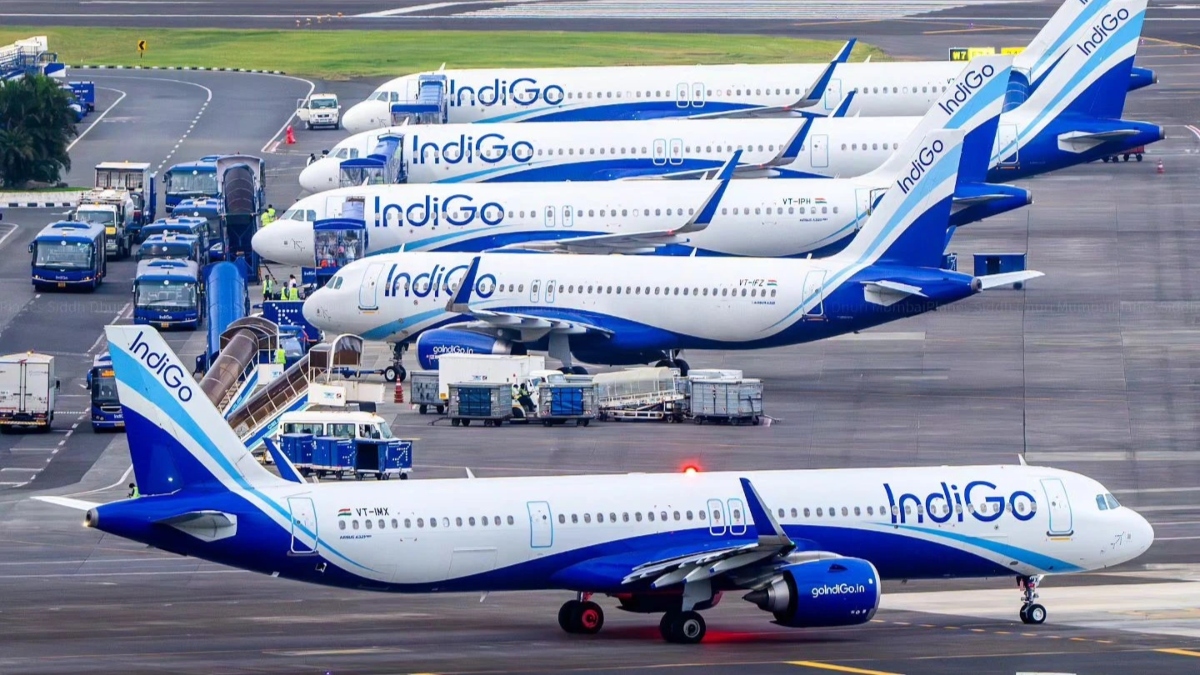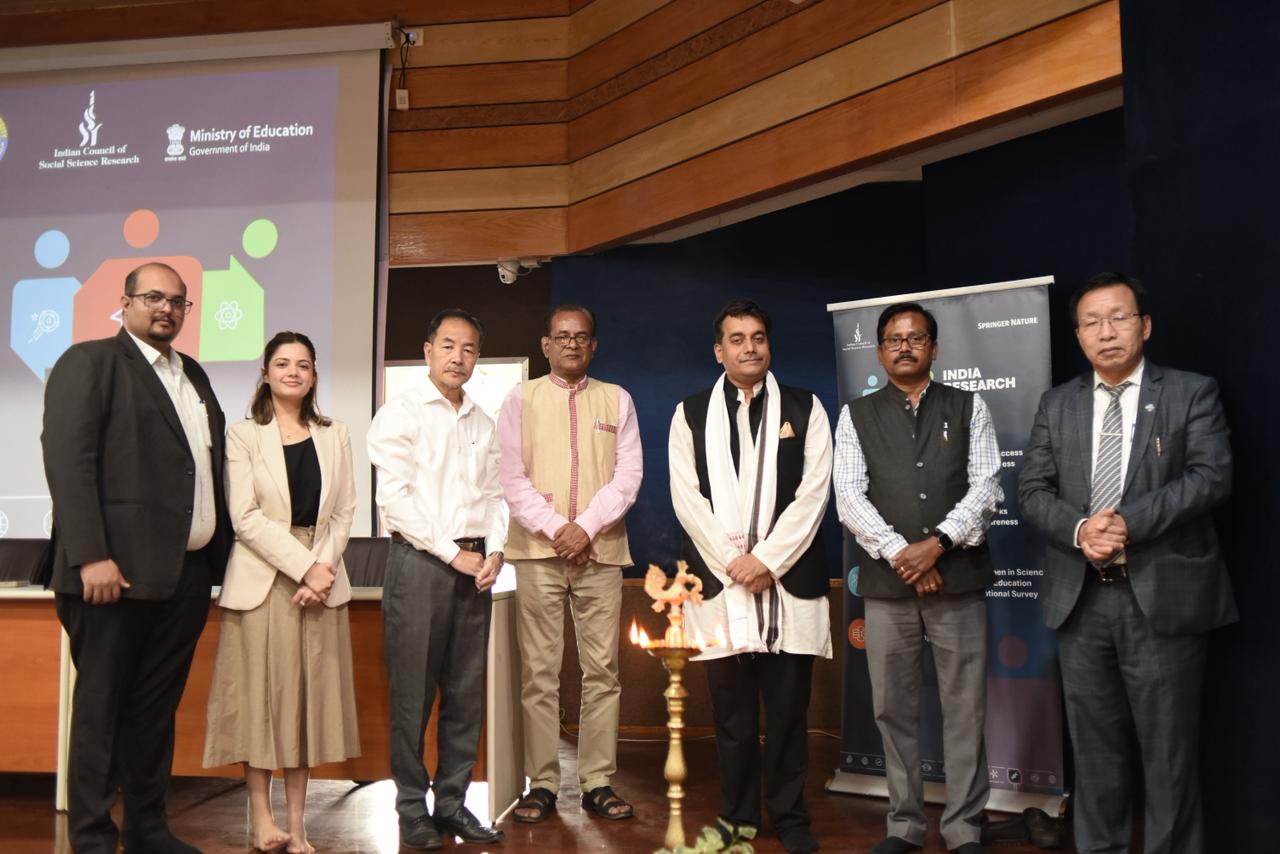
New Delhi: India’s agriculture sector is undergoing a major transformation, driven by advancements in agri-tech, digital farming solutions, and proactive government policies. At Startup Mahakumbh 2025, leading business advisory firm 1Lattice, in partnership with the Indian Venture & Alternate Capital Association (IVCA), released a groundbreaking report titled “Innovations in Agriculture”—a comprehensive overview of the current agricultural market, investment trends, and policy initiatives shaping the future of Indian farming.
The report sheds light on the growing size of India’s agriculture economy, which includes ground agriculture, livestock, and fisheries, with a combined annual output of approximately INR 30 Lakh Crore. Ground agriculture leads with a 60% share, followed by livestock (30%) and fisheries (10%). Projections indicate the total market size will grow from INR 31 Lakh Crore in FY25 to INR 38 Lakh Crore by FY30, fueled by evolving consumer demand, sustainable farming practices, and integration of agri-tech innovations.
Among the standout trends, the report highlights the adoption of AI, Machine Learning, and IoT in precision farming, enabling enhanced crop yields and optimized resource usage. The emergence of tech-enabled agri supply chains, logistics platforms, and smart warehousing solutions is also addressing long-standing issues like supply chain inefficiencies and post-harvest losses. Additionally, AI-based quality assessment tools are playing a crucial role in ensuring food quality and fair pricing for both producers and consumers.
India’s agri-tech investment landscape is witnessing strong momentum, with private equity and venture capital investments growing at a CAGR of 40% between 2019 and 2022. The peak investment year was 2021, recording USD 1,080 million. A significant 80% of these investments targeted ground agriculture startups, particularly those focused on upstream innovations such as input optimization and farm-level solutions.
The report also emphasizes the strategic role of government initiatives like the Indian Digital Ecosystem of Agriculture (IDEA) and Agri Stack, which are designed to empower farmers with access to digital tools, credit, real-time advisories, and direct market linkages. These frameworks are laying the foundation for a digitally integrated, farmer-centric, and resilient agricultural ecosystem.
Abhishek Maiti, Director – Agri & Industrials at 1Lattice, commented:
“India’s agricultural landscape is at the cusp of a revolution. Innovation is not just a support mechanism—it’s a key driver of growth. With greater alignment between startups, investors, and policymakers, we’re witnessing the rise of a more productive, tech-powered, and sustainable farming future.”
Rajat Tandon, President at IVCA, added:
“This is a defining moment for India’s agri-tech sector. What we are seeing is not just digital adoption, but structural transformation. Institutions like NABARD, combined with private capital and forward-looking policies, are setting the stage for long-term impact and inclusive rural development.”
The report concludes by emphasizing the importance of public-private partnerships and farmer-focused innovations to achieve long-term agricultural sustainability. With robust investment, policy support, and technological advancement, India is well-positioned to become a global leader in agri-tech and sustainable agriculture.








